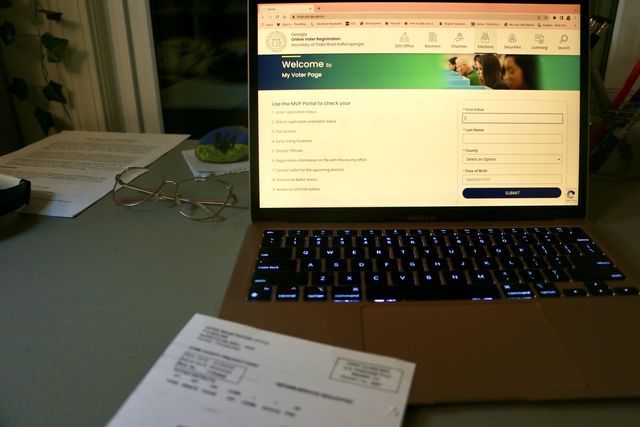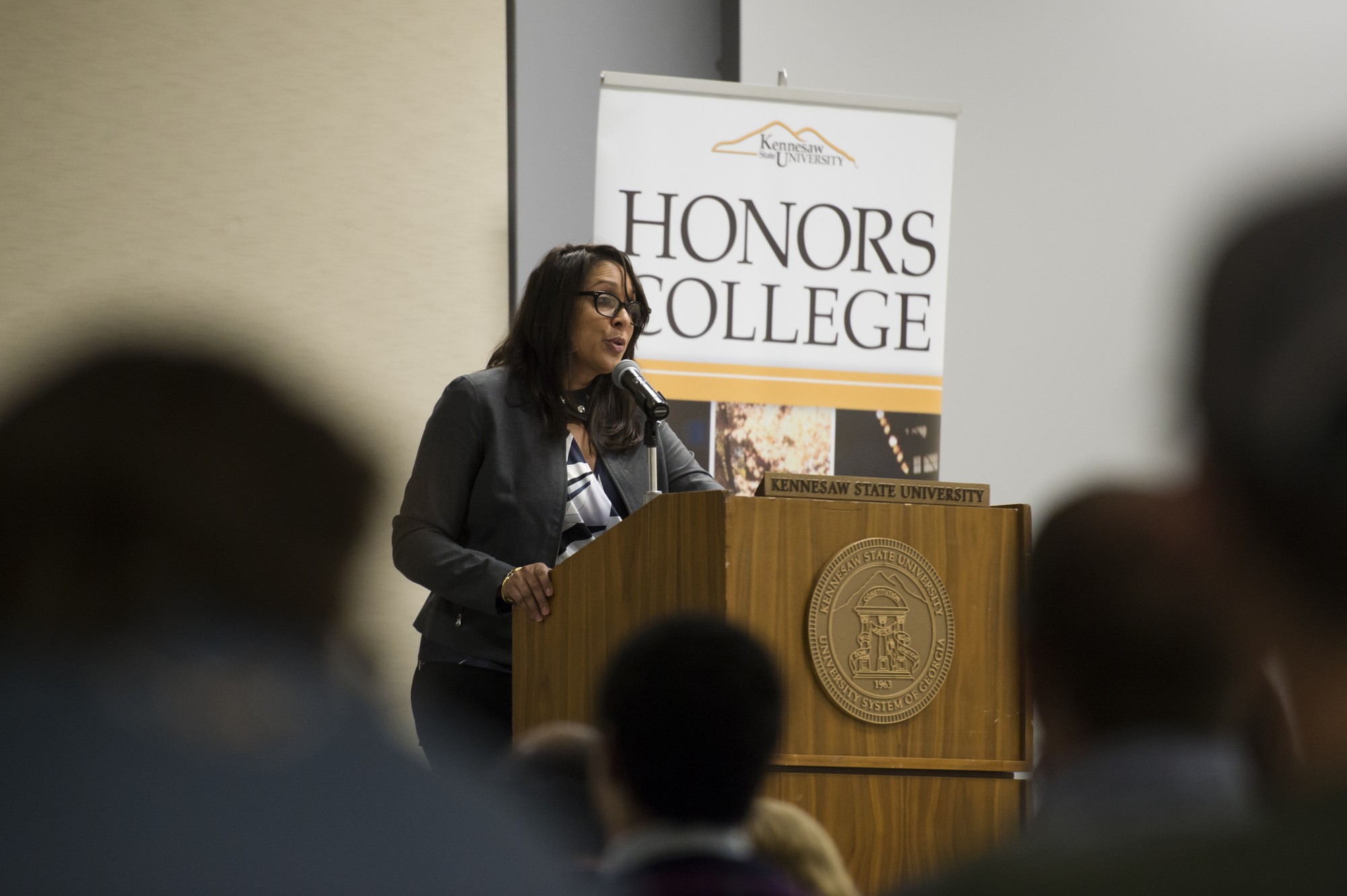As Nov. 8 grows closer, more students are beginning preparation and research for this year’s midterm elections.
The registration deadline is Oct. 11. Voters can register online, by mail or in person.
Candidates to research for this election include Raphael Warnock (D), Herschel Walker (R) andChase Oliver (L), who are running for U.S Senate. Brian Kemp (R), Stacey Abrams (D), and Shane Hazel (L) are the candidates running for state governor. More information and guidelines for voter registration are available on the official website of the State of Georgia.
According to Ballotpedia, two constitutional amendments will be on November’s ballot regarding the suspension of pay for public officials when indicted for a felony offense and granting temporary tax relief to disaster-stricken properties. Two measures are also on the ballot: the first proposing to exempt timber equipment from property taxes and the second proposing to expand tax exemptions on farm equipment for merged family-owned farms to include dairy and egg products.
Sam Yang, a KSU freshman who interns with the Cobb Collaborative Vote Your Voice Initiative, believes that is it important for students to involve themselves in their democracy because they make up a large portion of local communities and deserve candidates who work towards their goals.
“We want our voice to be heard, we want young people to get involved, to be active members in our communities so we can get our perspectives heard and have representation in our local government,” Yang said.
Students now have more tools to more easily get involved in their democracy. One of which is Turbo Vote, which allows students to register to vote, pledge to register, vote by mail, find where to vote in person and sign up for election reminders in one place. To make voting even more accessible to college students, the Georgia Voter Guide explains that if students attend a public Georgia college or university, they can use their student ID card to vote rather than using a driver’s license or passport.
Kennesaw State University has also worked with the All in Challenge since 2012, an organization dedicated to supporting student political engagement. In the 2022 Action Plan, the organization aims to raise the voting rate by 4% and increase student participation by using social media and on-campus programming tools.
According to Yang, social media is a great tool to reach young people since most young people have access to those platforms. Yang said it is important for organizations to realize that. He does warn organizations about ensuring their content can be easily digested and that it does not come off as lecturing.
The Legal Defense Fund recommends voters prepare by finding what is on their ballot, using nonpartisan sources to research candidates and issues, reviewing candidate websites and using social media to better understand what’s at stake in state and local elections.
“We have a lot of passion and power… organizations should inform people and show them that their involvement matters,” Yang said.


